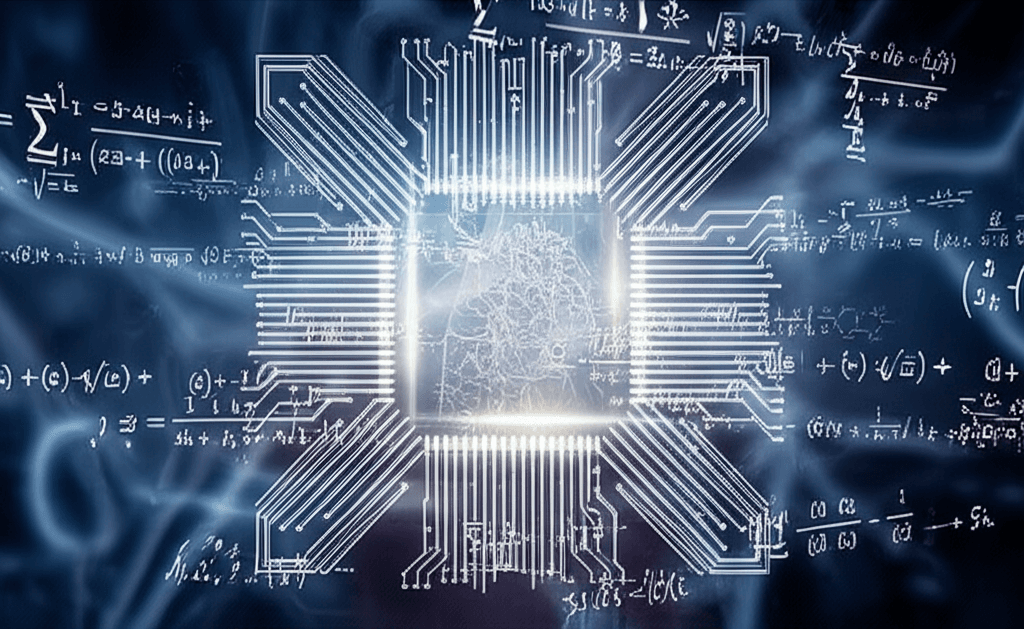OpenAI AI Solves IMO Math, Demonstrates Crucial Self-Awareness
Beyond solving problems: An OpenAI model's IMO success reveals AI's burgeoning self-awareness, a crucial step for trustworthy systems.
July 30, 2025

A recent breakthrough by an experimental OpenAI model, achieving a gold-medal level score at the prestigious International Mathematical Olympiad (IMO), has captured the attention of the artificial intelligence community.[1][2][3] While the feat of solving five out of six complex math problems under exam conditions is a significant milestone for AI reasoning, it also offers a compelling glimpse into an equally crucial area of development: an AI's ability to understand its own limitations.[4][1][2] This burgeoning self-awareness, or metacognition, is a critical component for building safer and more reliable AI systems.[5] The journey to this mathematical milestone has been rapid, with AI models progressing from struggling with grade-school math just a few years ago to tackling elite-level competition problems.[6] This progress, however, is not just about finding the right answers; it's also about the system's capacity to recognize when it cannot.
The concept of metacognition in AI involves the system's ability to monitor, control, and regulate its own cognitive processes, much like humans do.[5] This includes assessing its own understanding, identifying areas of uncertainty or error, and adapting its strategies accordingly.[5] In the context of the IMO, OpenAI's model demonstrated a surprising degree of this self-assessment by admitting it couldn't solve the sixth and final problem.[6] This is a notable departure from the common AI pitfall of "hallucinating" or confidently generating incorrect information.[7] For AI to be truly useful and safe, especially in high-stakes fields, knowing what it doesn't know is as important as what it does. This ability to self-monitor allows for more dynamic adaptation, improving robustness and fault tolerance.[5]
The road to this achievement has been paved with increasingly difficult mathematical benchmarks. Just over a year ago, models were being evaluated on grade-school level math problems.[6] This quickly progressed to the American Invitational Mathematics Examination (AIME), a qualifying exam for the Math Olympiad, where models like OpenAI's o1 and Google's Gemini 2.5 Pro showed impressive results.[4][8] However, the IMO presents a far greater challenge, demanding sustained creative thinking and inventiveness over long periods.[1] OpenAI’s success with a general-purpose large language model, rather than one specifically designed for mathematics like DeepMind’s AlphaGeometry, is particularly noteworthy.[1] It suggests that the underlying architecture, which focuses on general-purpose reinforcement learning and scaling computation time during testing, could have applications far beyond competition math.[6] The model’s ability to “think for a long time,” as one researcher put it, reflects the kind of mental endurance required for such complex problem-solving.[1]
Despite the impressive performance, the achievement has not been without scrutiny. Some researchers have raised questions about the validity of OpenAI's claims, pointing out that the model was not graded under the official IMO guidelines.[4] OpenAI maintains that three former IMO medalists independently and unanimously graded the model's proofs.[4] This debate highlights a broader challenge in the AI industry: the need for transparent and independent benchmarking.[9] In a separate instance, it was revealed that OpenAI had quietly funded an independent math benchmark, a fact that was not initially disclosed.[10] Such situations underscore the importance of open and verifiable evaluation to build trust and accurately gauge progress in the field. The ultimate value of these breakthroughs will depend on their reproducibility and applicability to real-world scientific problems.[11]
In conclusion, OpenAI's recent mathematical accomplishment represents a significant leap forward in AI's reasoning capabilities. More profoundly, it signals potential progress in the critical area of AI metacognition. An AI that can accurately assess its own knowledge and identify its limitations is a more trustworthy and reliable tool.[7][12] While challenges around verification and transparency remain, the ability of a general-purpose AI to not only solve complex problems but also to recognize the boundaries of its own expertise is a crucial step toward developing more advanced and responsible artificial intelligence. The focus now shifts to incorporating these capabilities more broadly into models to enhance reasoning and reliability across a wide range of applications, a process that will take time but holds immense promise for the future of AI.[6]
Sources
[3]
[5]
[6]
[7]
[8]
[9]
[10]
[11]
[12]